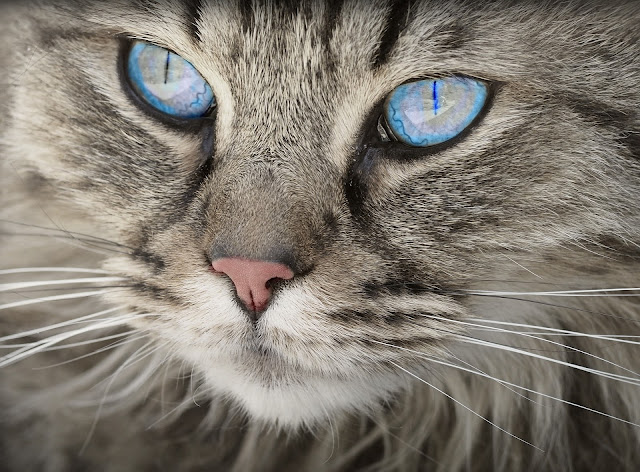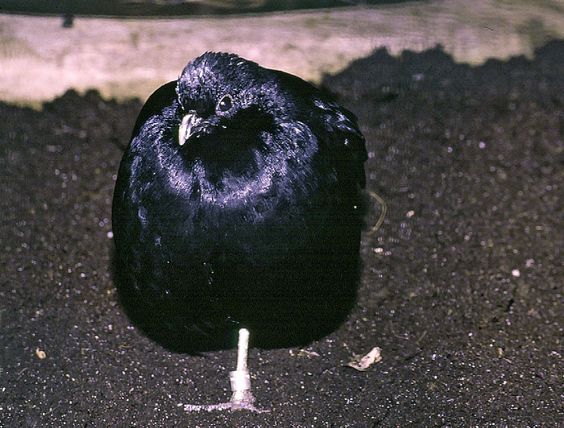Ostriches are native to Africa and are adapted to live in hot, arid environments. They are well-suited to tolerate high temperatures, but may struggle in cold environments if they are not properly adapted or acclimatized.
Ostriches can survive in cold temperatures if provided with appropriate shelter, such as a barn or insulated coop, to protect them from wind and extreme cold. The shelter should be well-ventilated to prevent moisture buildup, which can lead to respiratory problems.
It's also important to provide ostriches with plenty of fresh, clean water during the winter months, as they require large amounts of water to digest their food properly and to regulate their body temperature. In addition, feeding them a diet that is rich in nutrients and calories can help keep them warm during colder weather.
If ostriches are being kept in an environment that is colder than what they are naturally adapted to, it's important to monitor their behavior and health closely to ensure that they are not experiencing any adverse effects from the cold.
Overall, while ostriches are better adapted to hot environments, they can live in colder environments if provided with appropriate care and shelter.
If ostriches are being kept in cold environments, there are some steps that can be taken to help them adapt and thrive in their new environment. These may include:
1. Providing adequate shelter: As mentioned earlier, providing ostriches with appropriate shelter is critical for their survival in cold weather. The shelter should be well-insulated, draft-free, and have good ventilation.
2. Providing adequate heating: Ostriches may require additional heat during cold weather, particularly young chicks and older birds. Heating lamps or radiant heaters can be used to provide additional warmth.
3. Adjusting feeding habits: During colder weather, ostriches may require additional nutrients to maintain their body temperature and energy levels. Feeding them a high-calorie, nutrient-rich diet can help keep them healthy and warm.
4. Monitoring health: During colder weather, ostriches may be more vulnerable to certain health issues, such as respiratory infections and frostbite. Regular check-ups by a veterinarian and monitoring the birds' behavior and physical condition can help catch any health issues early.
By taking these steps, ostriches can adapt and thrive in colder environments. However, it's important to remember that ostriches are still better suited to hot, arid environments, and care should be taken to ensure that they are not exposed to extreme cold for prolonged periods.






